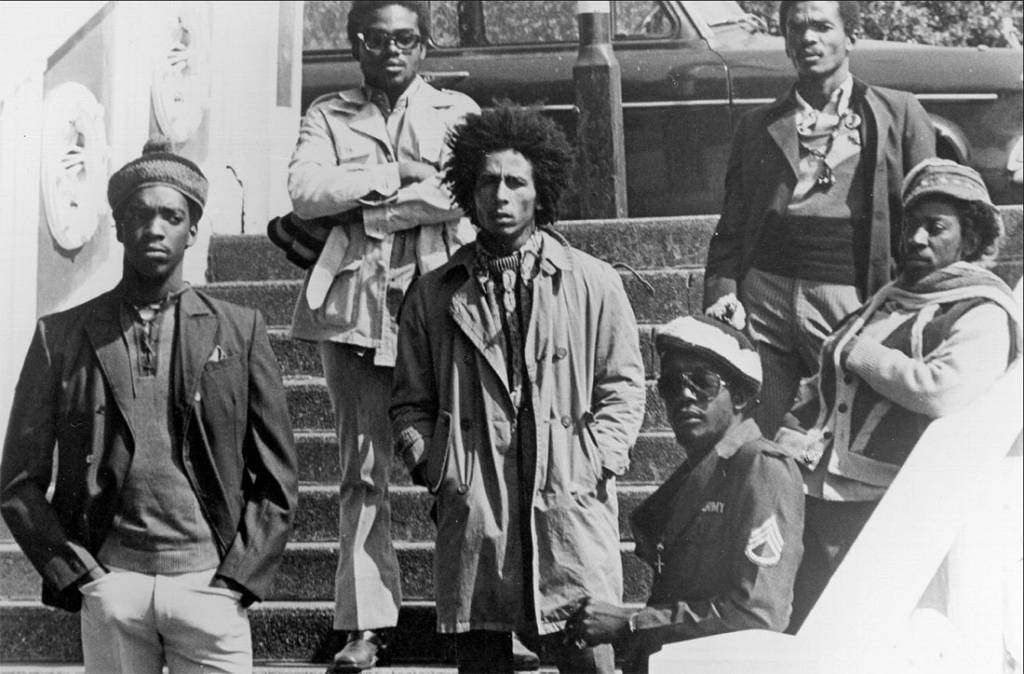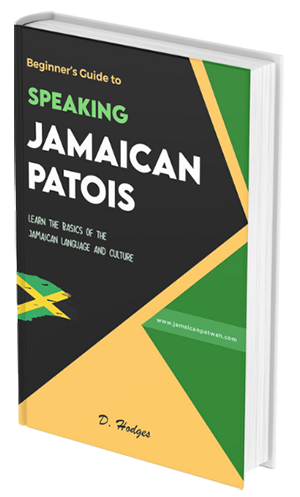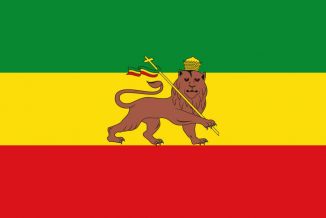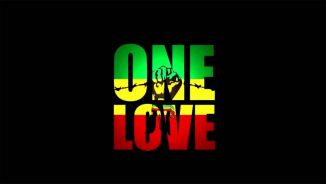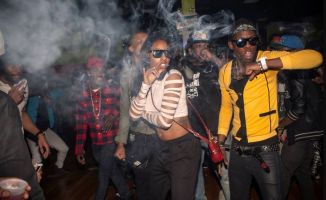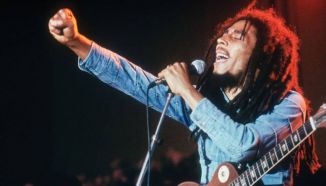Jamaican Patois, also known as Jamaican Creole or simply Patwah, is a creole language spoken in Jamaica that has had a significant impact on the island's music, particularly in the genres of Reggae and Dancehall. It is a separate language from standard English, and is the primary language spoken by many Jamaicans.
Reggae music, which originated in Jamaica in the 1960s, has been mainly influenced by Jamaican Patois. Many reggae songs are sung in Patois, and the language's unique rhythms and phrasing have become an integral part of the genre's sound.
Some famous examples of Reggae songs that used Jamaican Patois are:
-
- No Woman, No Cry - Bob Marley
- This song is a reflection of the struggles of the poor living in Jamaica, the phrase "No woman, no cry" is a Jamaican Patois expression meaning "No woman, don't cry", it is sung in Patois throughout the song.
-
- Night Nurse - Gregory Isaacs
- This song is a classic reggae hit that was written and performed by Dennis Brown, it tells the story of a man who is searching for the love and care from a night nurse.
-
- Pass the Dutchie - Musical Youth
- This song is a classic reggae hit that was performed by Musical Youth and it is sung in Patois. The song's lyrics convey a message of unity and togetherness, using Patois' unique rhythms and phrasing to add depth to the song's message.
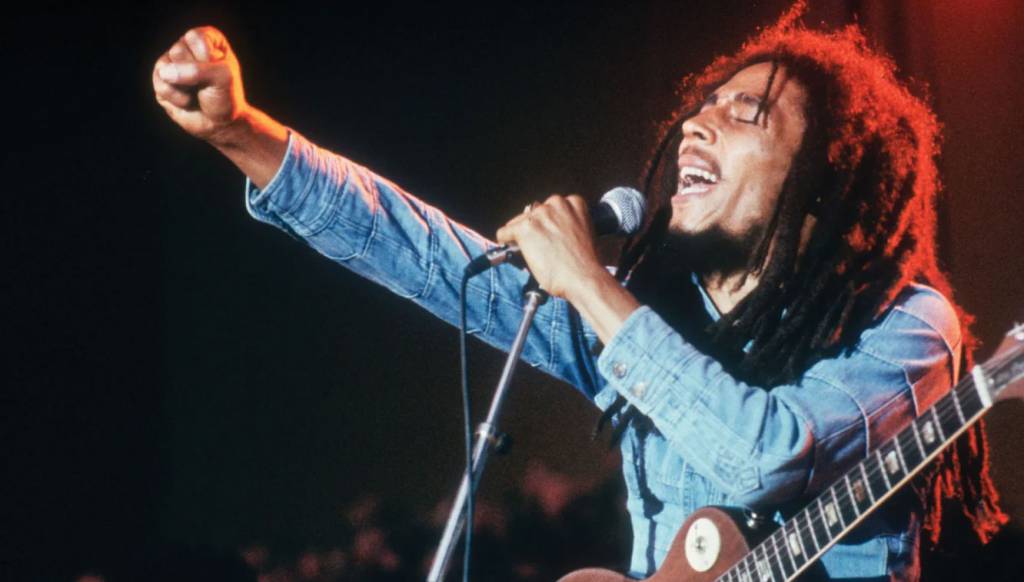 Bob Marley performing at concert
Bob Marley performing at concert
In addition to its presence in the lyrics of reggae songs, Patois is also often used in the spoken introductions and interludes of reggae tracks, known as "deejaying". These spoken segments, delivered in Patois, serve as a link to Jamaica's rich oral tradition and add another layer of cultural significance to the music.
Beginner's Guide to Speaking Jamaican Patois
Looking for a quick and easy way to learn Jamaican Patois? Our Beginner's Guide has everything you need to get started;
- Learn correct word pronunciation
- Understand grammar and structure
- Handy everyday phrases
Get Your Copy
Popular Jamaican Patois words used in Reggae music
-
- “Irie „
- This is a common greeting, similar to saying "What's up?" or "How are you?"
-
- “Babylon „
- Refers to the oppressive systems and institutions that keep people in poverty and subjugation. It is often used as a metaphor for the government, police, or other authorities.
-
- “Rasta „
- Someone who follows the Rastafari religion and lifestyle. It can also be used as a term of endearment or respect for someone who embodies Rastafari values.
-
- “Fyah „
- Used to describe a feeling of passion, energy, and intensity. It is often used to describe powerful performances or to express excitement and enthusiasm.
-
- “Jah „
- A shortened version of the name of God (Jehovah) in the Rastafari religion. It is often used as a term of reverence and respect, and is often included in chants and songs as a way to invoke the presence of the divine.
-
- “Chalice „
- The pipe used for smoking marijuana in Rastafari culture. It is often used as a symbol of Rastafari culture and spirituality.
-
- “Natty „
- Someone who is natural, unpretentious, and authentic. It can be used as a term of respect or admiration for someone who is true to themselves and their roots.
-
- “Yute „
- Term used to refer to a young person or a youth. It is often used as a term of endearment or respect for someone who is still learning and growing.
Overall, Jamaican Patois has played a huge role in shaping the sound and message of reggae music. Its unique rhythms and phrasing, as well as its ability to convey powerful messages of struggle, resistance, love, and romance, have made it a big part of the genre.

